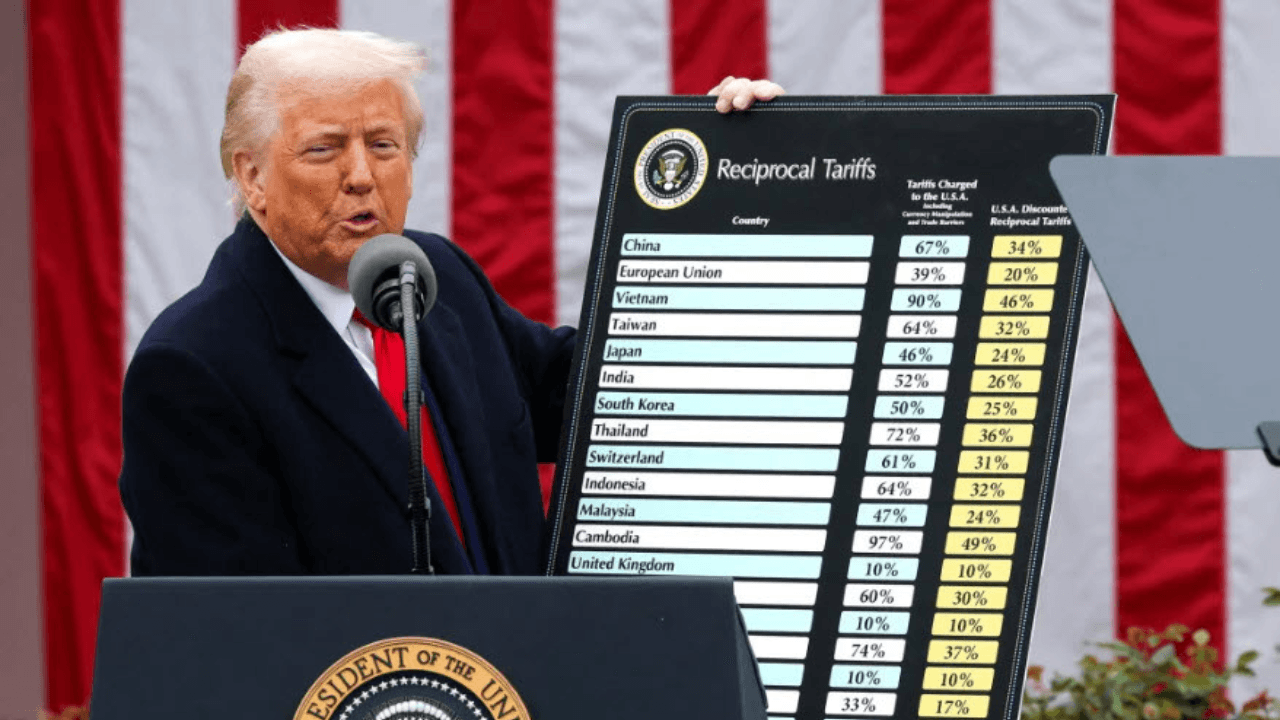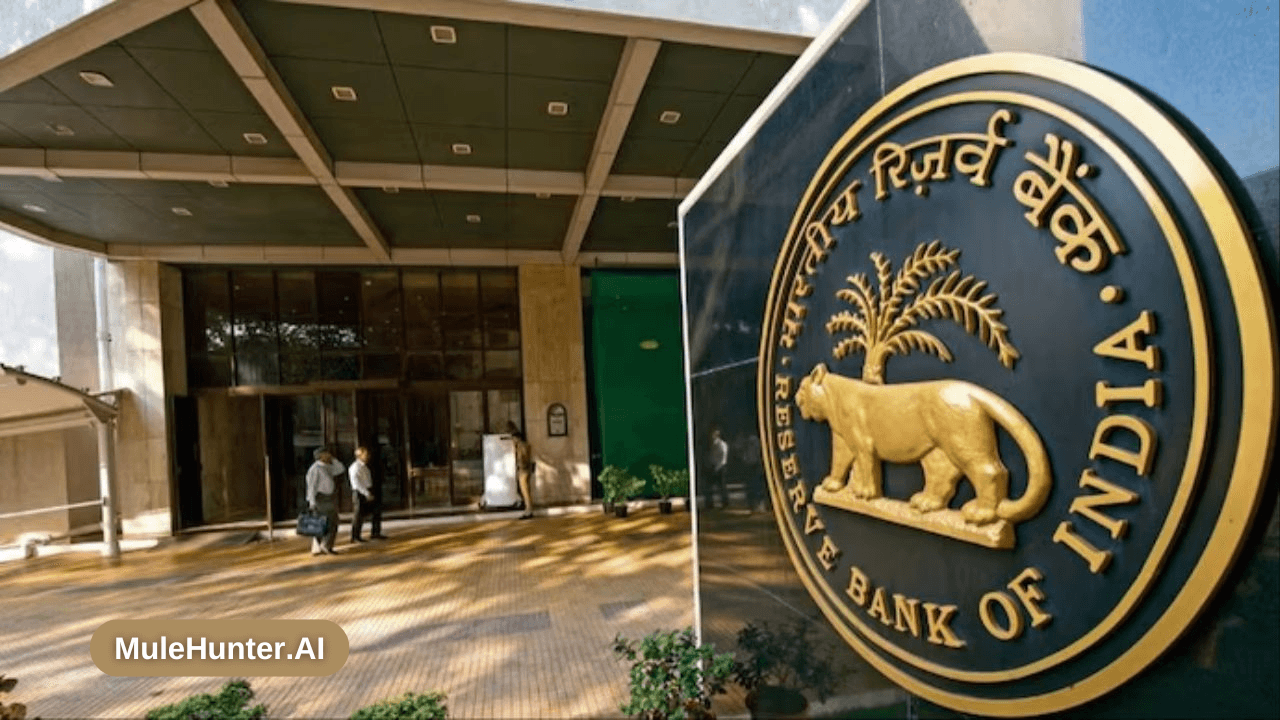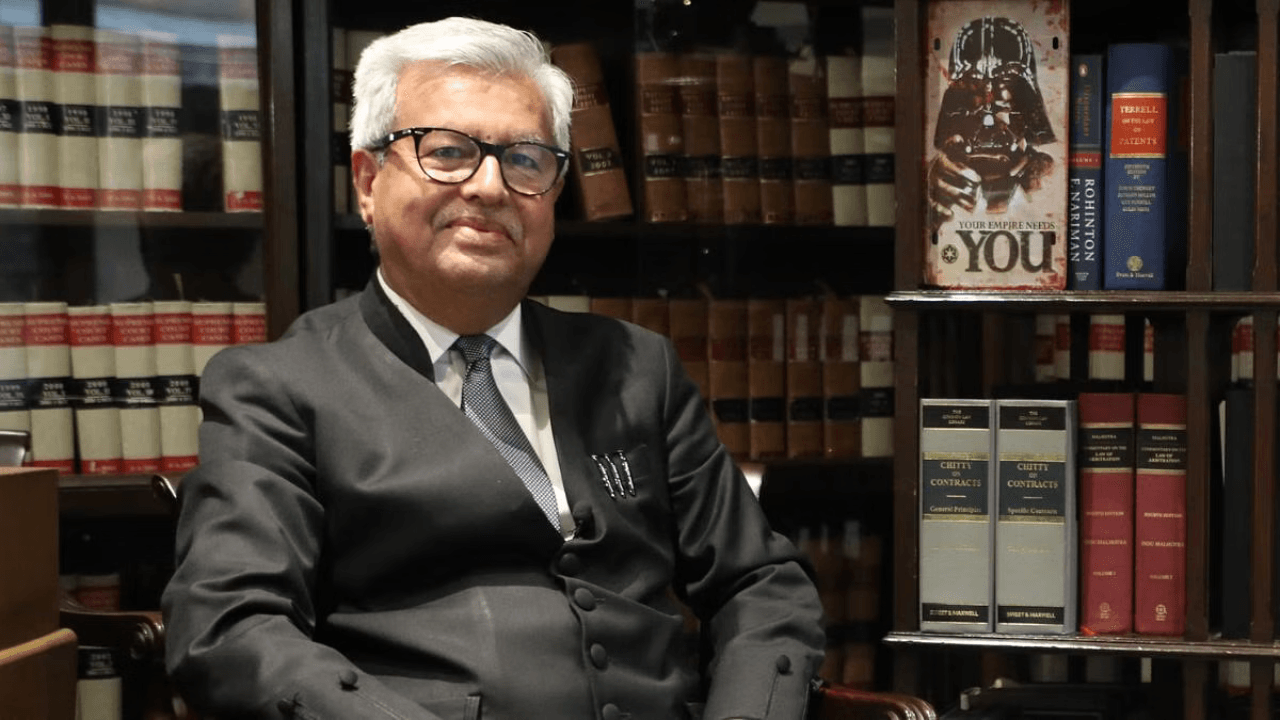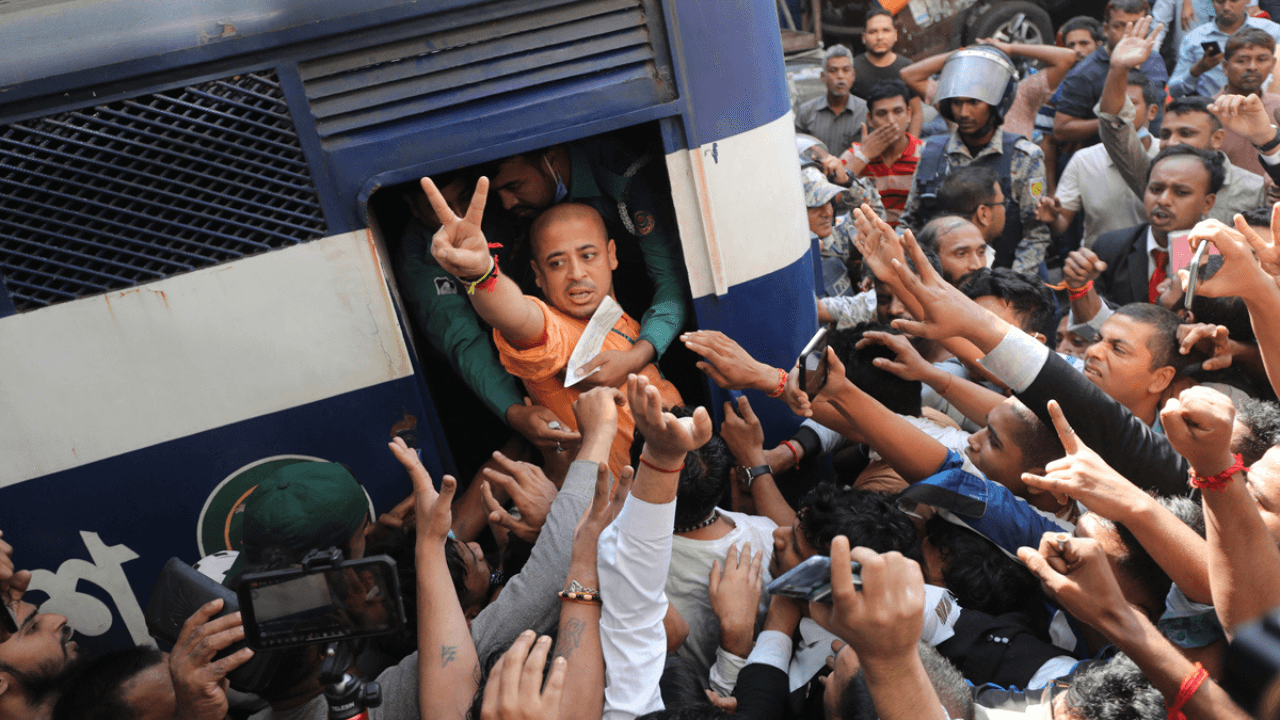Finance Minister Nirmala Sitharaman, in her seventh consecutive Union Budget for 2024-25, outlined the government’s main priorities. She identified nine key areas: agriculture productivity and resilience, employment and skills development, inclusive human resource growth and social justice, manufacturing and services, urban development, energy security, infrastructure, innovation, research and development, and next-generation reforms.
Here’s a closer look at the impact of tax announcements from the Budget:
1. Simplified Procedures for TDS Default
Finance Minister Sitharaman announced the release of standard operating procedures for dealing with Tax Deducted at Source (TDS) defaults. These guidelines aim to simplify and rationalize the handling of such offences.
2. Comprehensive Review of Customs Duty
The minister revealed plans for a thorough review of the customs duty structure over the next six months. This includes reducing the TDS rate on e-commerce transactions to 0.1% and merging two tax exemption regimes for charities into one. Additionally, the government will decriminalize TDS delays up to the tax filing date.
3. Popularity of New Income Tax Regime
More than two-thirds of individuals have opted for the new income tax regime, indicating its widespread acceptance.
4. Increased Standard Deduction
For those choosing the new tax regime, the standard deduction for salaried employees will increase from ₹50,000 to ₹75,000.
5. Revised Tax Slabs
The tax rate structure under the new regime has been revised:
- Income up to ₹3 lakh: Nil
- ₹3-7 lakh: 5%
- ₹7-10 lakh: 10%
- ₹10-12 lakh: 15%
- ₹12-15 lakh: 20%
- Above ₹15 lakh: 30%
6. Tax Savings for Salaried Employees
Salaried employees under the new tax regime will save up to ₹17,500 annually due to these changes.
7. Enhanced Family Pension Deduction
The deduction on family pension for pensioners will be increased from ₹15,000 to ₹25,000. This change will benefit 4 crore salaried individuals and pensioners.
8. Increased NPS Contribution Limit
The government has raised the deduction limit for the employer’s contribution to the National Pension System (NPS) from 10% to 14%. Moreover, the equalization levy of 2% has been withdrawn.
9. Higher Limits for Tax Appeals
The monetary limits for filing tax appeals have been increased: ₹60 lakhs for the Income Tax Appellate Tribunal (ITAT), ₹2 crore for high courts, and ₹5 crore for the Supreme Court.
10. Abolition of Angel Tax
The government has decided to abolish the Angel tax. Furthermore, the corporate tax rate for foreign companies will be reduced from 40% to 35%.












